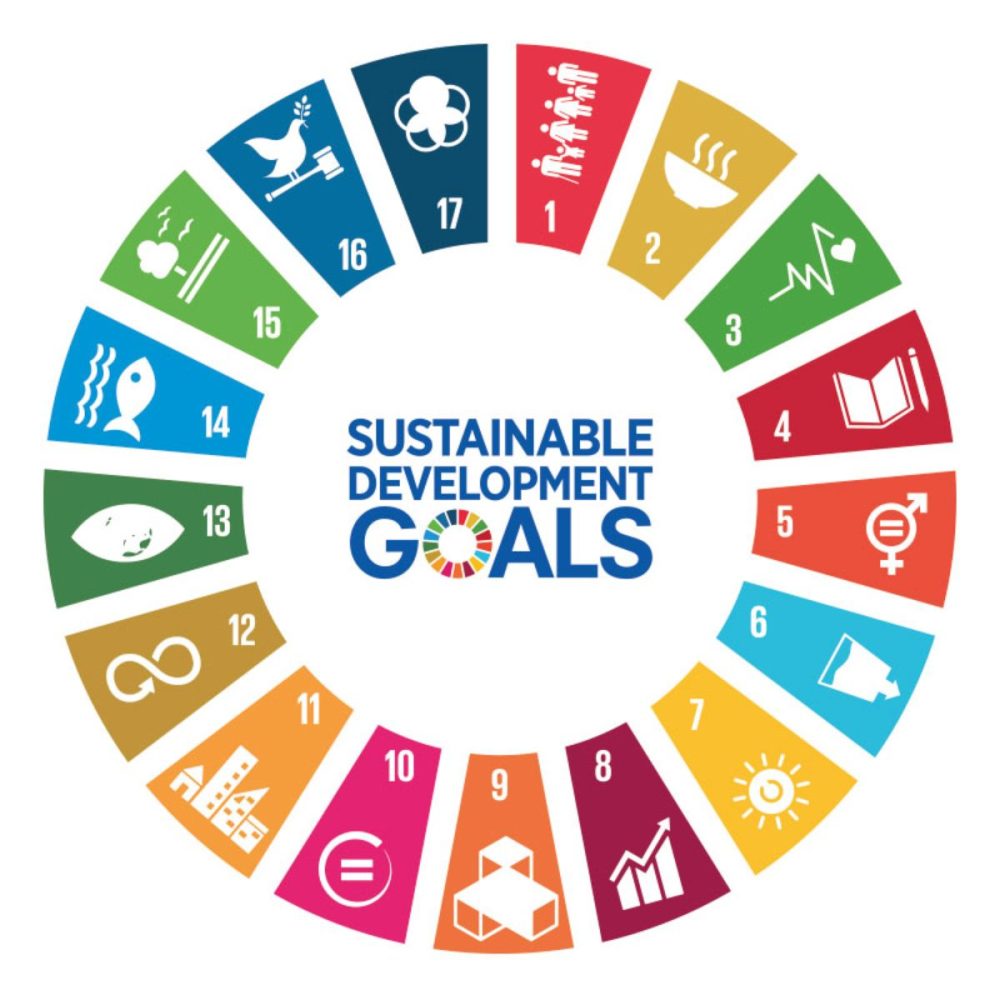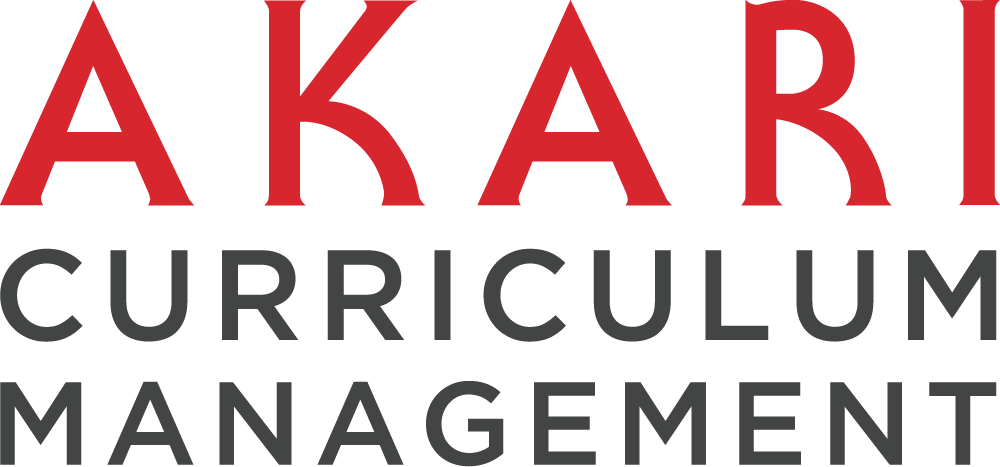Akari: Curriculum Without Silos: A University-Wide Digital Integration Strategy

Discover how Bond University partnered with Akari to embed curriculum data into every corner of its enterprise – from subject outlines and enrolments to timetabling, grading, websites, and analytics.
Akari: How Assessment is Being Redefined in the Age of AI

In partnership with Akari, USYD has embedded AI-aware assessment design into institutional policy, curriculum review processes, and benchmarking frameworks.
The result is a scalable, structured approach that safeguards integrity, aligns with national quality standards, and prepares graduates for a world where AI is integral to professional and academic life.
Akari: Curriculum Transparency in Malaysian Universities – Unlocking Institutional Potential Through Data-Driven Design

This whitepaper explores how a data-driven approach to curriculum design and governance can empower universities to communicate learning pathways with clarity, ensure regulatory alignment, and engage students, faculty, and employers in a shared understanding of outcomes and expectations.
Akari: Empowering the Future of Education -: How Curriculum Management Systems Support Modular, Flexible, and Lifelong Learning

This whitepaper examines the global movement towards lifelong, learner-driven education – and how Curriculum Management Systems (CMS) are becoming essential infrastructure to deliver it.
You’ll see how the right CMS enables institutions to design modular programmes, embed stackable pathways, ensure regulatory compliance, and communicate opportunities with clarity and precision.
Akari: Quality Assurance by Design, Built on the HERM Model

Quality assurance begins at design. In this whitepaper, we explore how Akari’s curriculum management system, underpinned by the Higher Education Reference Model (HERM), enables institutions to embed academic quality, compliance, and governance directly into curriculum design, review, and delivery.
Akari: Beyond Implementation – Why Partnership is the Cornerstone of Curriculum Transformation

This whitepaper explores why the institutions that achieve the greatest long-term impact are those who move beyond transactional delivery models and embrace a co-created, partnership-led approach. Drawing on sector insight and implementation experience, it outlines how collaborative governance, mutual expertise, and adaptable methodology create conditions for lasting change.
Akari: Leading Change in Higher Education – Akari’s Strategic Approach to Change Management and Stakeholder Engagement

Effective digital transformation requires more than system implementation – it demands institution-wide alignment, clear communication, and sustained engagement.
Akari: Curriculum Management Software – A Strategic Imperative – A Guide for CIOs and CTOs

Most universities don’t realise just how much strategic potential – and risk – lies in how they manage their curriculum.
Uncover what your institution might be overlooking.
Akari: The Role of AI in Academic Misconduct

Discover the transformative power of AI in academic assessments and learn proven strategies to safeguard honesty, credibility, and student success.
Akari: A Buyer’s Guide to Curriculum Management Software.

The value of a higher education experience and the content delivered to students are under increasing pressure.
A university’s provision is now scrutinised by several external bodies that act in the student’s best interest. If found in violation, the provider can face significant financial and reputational consequences.
Akari: Risk of Contract Cheating: How can assessment design be an effective mitigation strategy?

Authentic assessments by design were recurrently discussed as solutions to help to minimize instances of cheating. Arguably such assessment methods are harder to contract out. Using a mixture of assessment methods has been recommended, both in controlled and ‘uncontrolled’ environments, written and oral, clinical, presentations and portfolios, as well as group and peer assessment.
Akari: Partnership and Curriculum Management for Transnational Education

The new TNE approach subtly eliminates the concept of exporting knowledge from the home country to host country but instead offering activities impacting innovations through joint knowledge production at the breath of delivering quality curriculum and motivating collaborative research by leveraging strengths of both parties.
AKARI: Integrating UN SDGs Into Curriculum Design and Research

Multiple case studies have been published and presented by universities and researchers as to how the SDG inventories are tracked and reported. A review of these published case studies indicated a similar pattern of integration to integrate SDG goals into curriculum design and research. A mapping strategy is applied to recognise existing contributions of the university which leads to identification of gaps, opportunities, and contributors of SDG goals through multiples research, teaching and learning activities and social activities.
